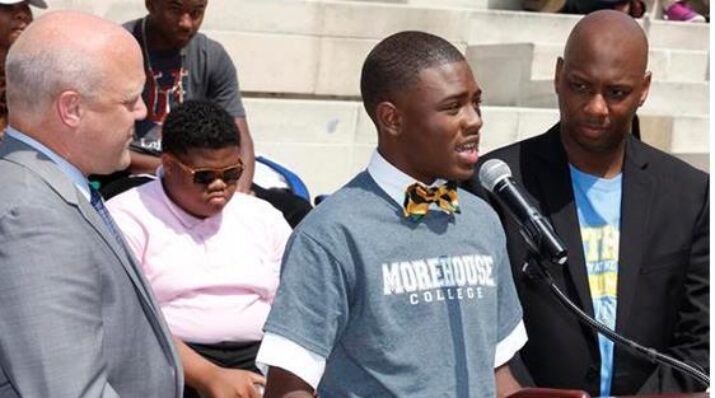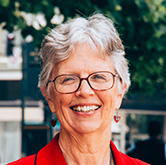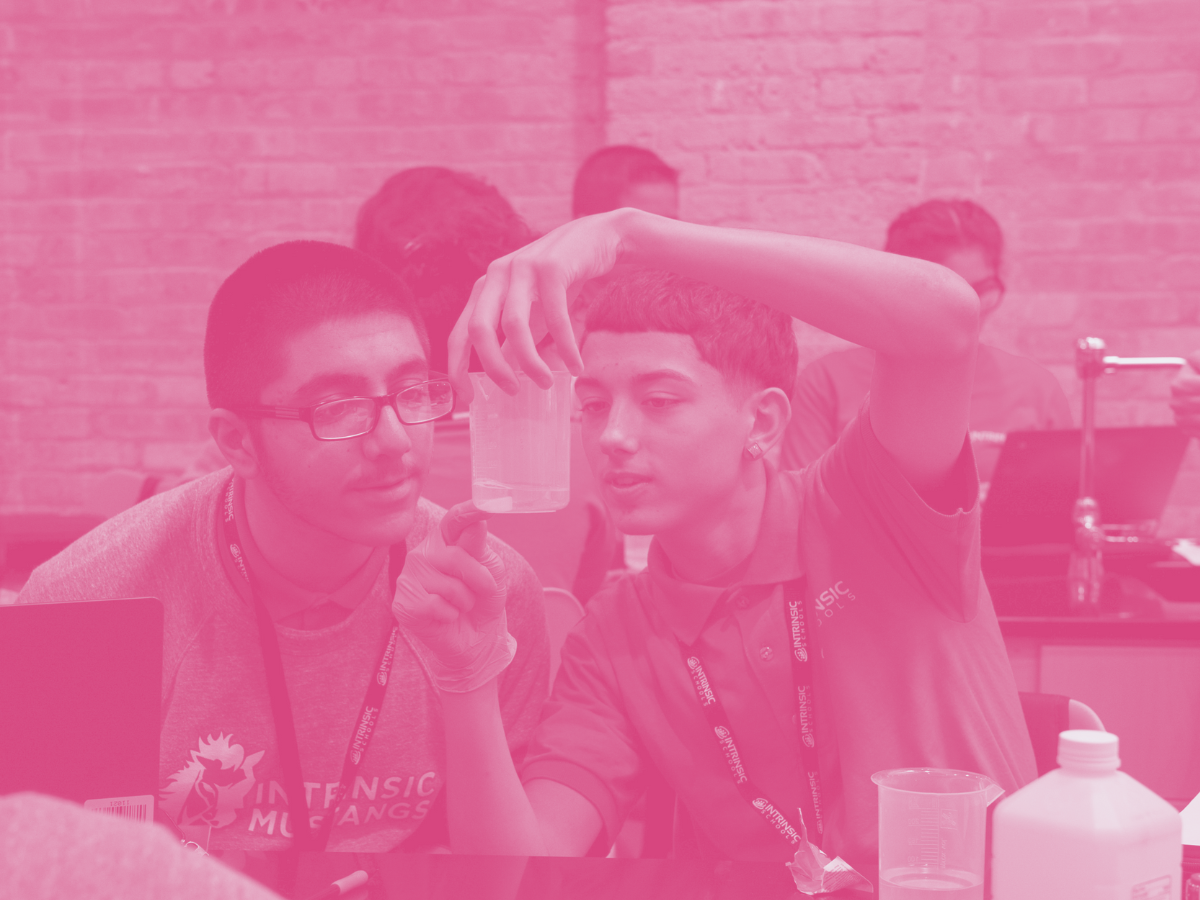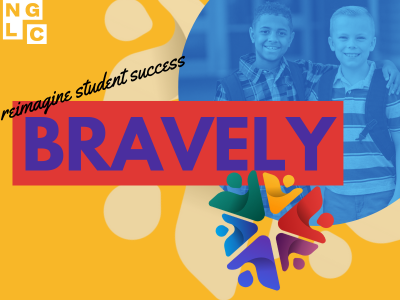New Designs for School
Promise and Challenge of the LPS Oakland College Launch Program
Topics

We’ve all had the experience of truly purposeful, authentic learning and know how valuable it is. Educators are taking the best of what we know about learning, student support, effective instruction, and interpersonal skill-building to completely reimagine schools so that students experience that kind of purposeful learning all day, every day.
For high school students, online college courses with supportive wrap-around services provide the kind of scaffolded on-ramp to college that can greatly increase students’ chance for success.
Editor's note: This blog originally appeared on the blog site, blendmylearning.com
As part of its Next Generation Learning Challenges blended-learning design, LPS Oakland has started a College Launch program utilizing online / hybrid courses to prepare first-generation students for college success. A year earlier, LPS had experimented with online college courses for a group of advanced students. This early pilot made clear why online courses have not proven effective for low-income freshmen. The challenges were myriad: inadequate typing skills, difficulties with the amount of unsupported expository reading, lack of technical comfort with Moodle as well as with the culture of discussion boards and online chats, discomfort with the impersonal relationship with professors and lack of agency in dealing with them, and problems in time and assignment management, among other things. Only a few students passed their elective course. Second semester all students were enrolled in an Introduction to College course with an assigned tutor. We also added an orientation which included an introduction to Moodle as well as reading and discussing Carol Dweck’s book, “Growth Mindset.” This time half of the students passed. The power of building the course around the concept of growth mindset was captured in one student’s end-of-course reflection,
“In my LPS online college course I learned about having a growth mindset and how it will help you throughout life. Over the New Year, someone burned down our house and I lost everything, including all of my books for school. Focusing on my growth mindset made it possible for me to keep going. I was really excited when I got accepted to San Diego State and Holy Names.”
The official NGLC College Launch pilot began this year at LPS Oakland in partnership with nearby Merritt College. Applying lessons learned, this year students were assigned to a regular teacher during a regular period, along with the Merritt course and professor. The orientation was repeated and, at the recommendation of the sponsoring Dean, the course, Psych 1, was taught as a hybrid. The professor met with the students in person five times during the semester and the rest of the time he and the LPS teacher kept in close contact. Because it was a contract course limited to LPS students, issues of conflicting semester calendars, technology glitches, enrollment hang-ups, etc. could be dealt with through the sponsoring Dean. The LPS teacher helped the students deconstruct the syllabus, set weekly goals and make weekly calendars, learn college-level study skills, and deal with the rigor of college reading and writing. All but three students passed the course and, according to the professor, in general they out-performed the regular Merritt students. Second semester, most student proceeded to a second hybrid contract course in Latin American Film while a subset continued to Psych 10 as concurrent enrollment students in a regular, fully online Merritt Course.
Even with the close working relationship with Merritt and the strong support of the sponsoring Dean, challenges remain. Contract courses provide greater scheduling flexibility and support but they are not sustainable. On the other hand, concurrent enrollment has difficulties when calendars do not align and, given caps and priorities for enrollment, it is hard to plan and to ensure that seats are available in appropriate classes. In either case, in addition to costs for teachers and courses, textbooks are prohibitively expensive and concurrent enrollment courses require payment of regular student fees. We are exploring solutions to these dilemmas with our college partners as we plan the coming year.
What we do know is that online college courses with supportive wrap-around services provide the kind of scaffolded on-ramp to college that can greatly increase students’ chance for success. The college provides the content, rigor and classroom culture our students need to experience but because it is online, we are able to offer the support they need with minimal logistical and scheduling issues. Even many of the challenges we encounter are ones the students need to face before being completely on their own. Enrollment issues due to lack of social security numbers, transient addresses, and undocumented status have historically derailed students as they start. Difficulty scheduling courses and inability to navigate the institution may end up locking them out as early as their first term. Lack of technology access at home or proficiency in its use put them at a significant disadvantage. Not only are they encountering and dealing with these issues while still in the supported high school environment, they are also learning the world of online courses which open multiple pathways to them when they are faced with navigating hurdles on their own. By Fall 2014 we plan on having all seniors take one online course each semester while more advanced students will start as juniors. Our goal is to continue supported online concurrent enrollment courses for those Special Education, English Learner and struggling students during a 5th year of high school—envisioning an extended “College Launch” that will successfully transition the students who so often fail to make it through even their freshman year of college.




